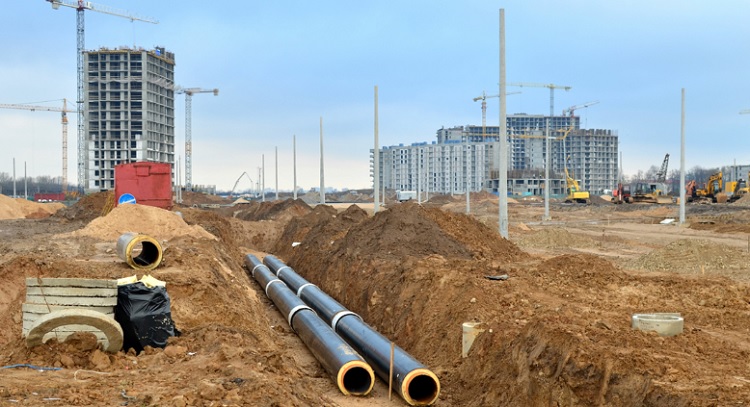
Planning Consents and Water Resources
5th Sept 2024
Planning consents in France are increasingly subject to the availability of sufficient water resources in the locality.
To read the article you can take out a premium subscription for €20/YEAR at Subscribe to France Insider.
You can see the full catalogue of our articles at France Insider News.
If you no longer wish to hear from us simply unsubscribe using the link below.
Enjoy your reading,
The Team at France Insider